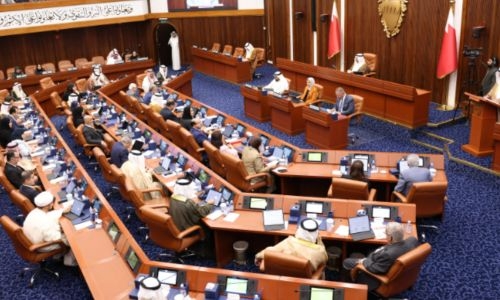The Bahraini government has recently rejected a proposed law that sought to amend certain provisions of the Evidence Law concerning civil and commercial matters. The bill aimed to impose stricter requirements for court experts, introduce governmental and judicial oversight, and grant courts the authority to appoint experts from a designated register. However, the government argued that there are no compelling new reasons or urgent need to overturn the current law, which has only been in effect for a short period.
The government emphasized the importance of maintaining legal stability and avoiding frequent legislative changes, which could potentially undermine legal certainty and hinder individuals’ ability to manage their affairs. It stated that frequent amendments can disrupt the necessary relative stability of legal frameworks, and can have a negative impact on the legal system as a whole. Additionally, the government pointed out that the proposed bill fails to achieve its intended objectives, as its provisions lack the necessary mechanisms to effectively control and address expert misconduct.
The current law represents a modern approach, according to the government, as it has moved away from the previous system of pre-approved expert lists. This change aligns with advancements in expertise and technical consulting, allowing parties to freely choose their experts, placing the burden of proof on them. This approach helps to avoid protracted disputes related to expert fees, challenges to appointments, or appeals, ultimately leading to a more efficient process that minimizes unnecessary delays.
In rejecting the proposed amendments, the government has made it clear that it prioritizes legal stability and efficiency in the legal system. By maintaining the current approach to court experts and oversight, the government believes that it can better serve the interests of individuals and businesses involved in civil and commercial matters. Ultimately, the decision to reject the proposed law reflects the government’s commitment to ensuring that the legal framework in Bahrain remains strong, consistent, and conducive to effective dispute resolution.
Overall, the government’s decision to reject the proposed amendments to the Evidence Law demonstrates its dedication to upholding legal stability and efficiency in the Bahraini legal system. By maintaining the current approach to court experts and oversight, the government aims to avoid unnecessary disruptions and ensure that individuals and businesses can effectively manage their affairs. The rejection of the proposed law highlights the importance of thoughtful and deliberate legislative changes that serve the best interests of all parties involved in civil and commercial matters.











